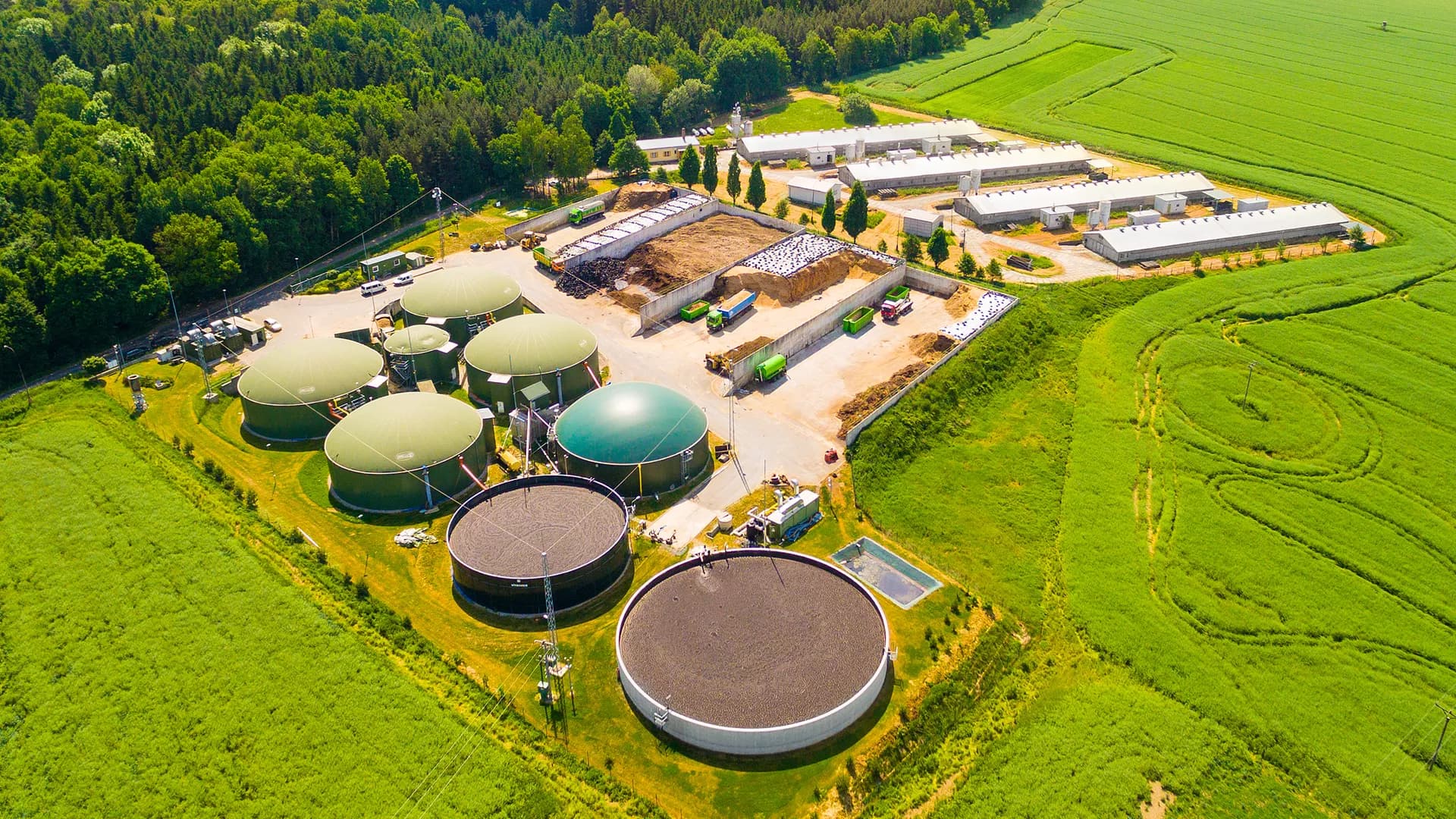Gas hydrate (GH) is a kind of ice-like non-stoichiometric compound, which is composed of water molecules and small gas molecules and can spontaneously form under a certain temperature and pressure. Water molecules, as hosts, connect each other by hydrogen bonds to form different cages, while gas molecules reside in the cages and make the cages stable by Van der Waals' force. Since the 1980s, GH and the hydrate technologies have attracted wide attention due to their importance and possible applications. On the one hand, a cubic meter of hydrate (S.T.P.) can hold or release approximate 180 cubic meters of gas. On the other hand, the phase equilibrium conditions of different gases forming gas hydrate are different, which lead to the obvious selectivity of hydrate to different components during hydrate formation. On another hand, gas hydrate formation conditions and processes are simple, relatively low energy consumption and environmentally friendly. Consequently, GH and hydrate technologies have many advantages in gas storage, gas separation and seawater desalination, especially in carbon dioxide (CO2) separation and capture, CO2 storage and sequestration. GH and hydrate technologies have become the current research hotspot. To facilitate and address GH and hydrate technologies, this Research Topic provides a forum for information on innovation, research, development, and demonstration in the areas.
This Research Topic includes thermodynamics and kinetics, macro- and micro-mechanisms of gas hydrate formation, hydrate-based technology and process of CO2 separation, capture, storage and sequestration, related research on the equipment. Although the relevant research has been carried out since the 1980s, GH and related comprehensive technologies have not been applied commercially, mainly because many key technologies have not been solved, especially the micro mechanism of gas hydrate formation and decomposition, which is still unclear, the gas consumption in the process of gas hydrate formation is low, and the formation rate is relatively low. Therefore, the Research Topic presents both summaries on, and the most recent developments in, the studies of GH and hydrate technologies with a focus on the developments and application of NGH exploitation, hydrate-based technologies as well as the knowledge of macro and micro mechanism of gas hydrate formation. The aim is to provide guidance for the development of GH and hydrate technologies that will enable cost-effective NGH exploitation and application of hydrate technologies.
This Research Topic aims to cover promising and novel trends in GH and hydrate technologies. Article types including Original Research, Reviews, Research Report, and Perspectives will be welcome. Areas to be covered in this Research Topic may include, but are not limited to:
• Novel research of hydrate technologies, process, application and equipment;
• Macro and Micro mechanism and molecular dynamic simulation of gas hydrate formation and dissociation;
• Chemical and physical characterization of gas hydrate, including kinetics, thermodynamics;
• Economic evaluation of NGH exploitation and hydrate-based technologies;
• Other research related to gas hydrate.
Gas hydrate (GH) is a kind of ice-like non-stoichiometric compound, which is composed of water molecules and small gas molecules and can spontaneously form under a certain temperature and pressure. Water molecules, as hosts, connect each other by hydrogen bonds to form different cages, while gas molecules reside in the cages and make the cages stable by Van der Waals' force. Since the 1980s, GH and the hydrate technologies have attracted wide attention due to their importance and possible applications. On the one hand, a cubic meter of hydrate (S.T.P.) can hold or release approximate 180 cubic meters of gas. On the other hand, the phase equilibrium conditions of different gases forming gas hydrate are different, which lead to the obvious selectivity of hydrate to different components during hydrate formation. On another hand, gas hydrate formation conditions and processes are simple, relatively low energy consumption and environmentally friendly. Consequently, GH and hydrate technologies have many advantages in gas storage, gas separation and seawater desalination, especially in carbon dioxide (CO2) separation and capture, CO2 storage and sequestration. GH and hydrate technologies have become the current research hotspot. To facilitate and address GH and hydrate technologies, this Research Topic provides a forum for information on innovation, research, development, and demonstration in the areas.
This Research Topic includes thermodynamics and kinetics, macro- and micro-mechanisms of gas hydrate formation, hydrate-based technology and process of CO2 separation, capture, storage and sequestration, related research on the equipment. Although the relevant research has been carried out since the 1980s, GH and related comprehensive technologies have not been applied commercially, mainly because many key technologies have not been solved, especially the micro mechanism of gas hydrate formation and decomposition, which is still unclear, the gas consumption in the process of gas hydrate formation is low, and the formation rate is relatively low. Therefore, the Research Topic presents both summaries on, and the most recent developments in, the studies of GH and hydrate technologies with a focus on the developments and application of NGH exploitation, hydrate-based technologies as well as the knowledge of macro and micro mechanism of gas hydrate formation. The aim is to provide guidance for the development of GH and hydrate technologies that will enable cost-effective NGH exploitation and application of hydrate technologies.
This Research Topic aims to cover promising and novel trends in GH and hydrate technologies. Article types including Original Research, Reviews, Research Report, and Perspectives will be welcome. Areas to be covered in this Research Topic may include, but are not limited to:
• Novel research of hydrate technologies, process, application and equipment;
• Macro and Micro mechanism and molecular dynamic simulation of gas hydrate formation and dissociation;
• Chemical and physical characterization of gas hydrate, including kinetics, thermodynamics;
• Economic evaluation of NGH exploitation and hydrate-based technologies;
• Other research related to gas hydrate.
